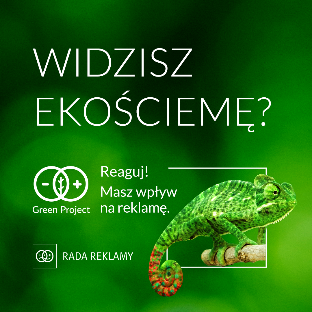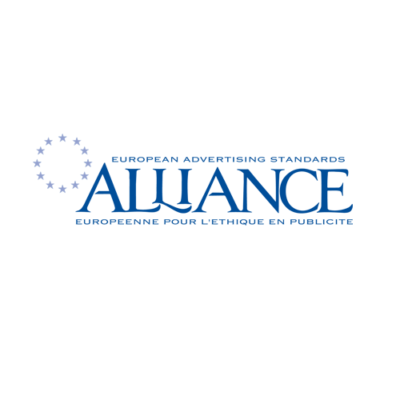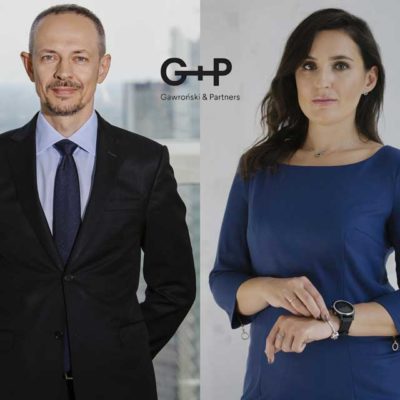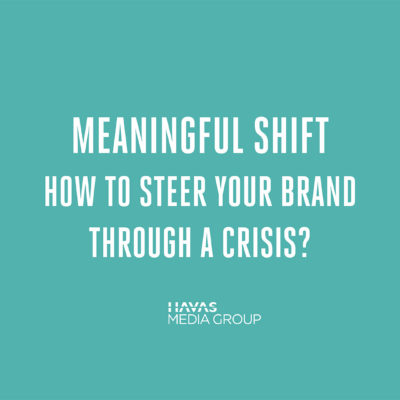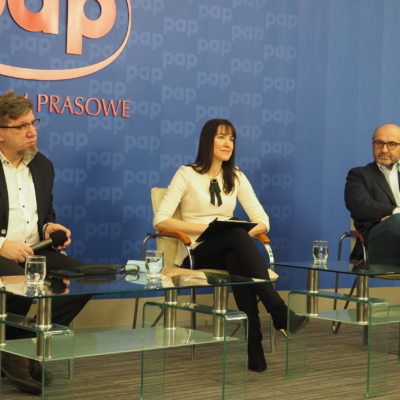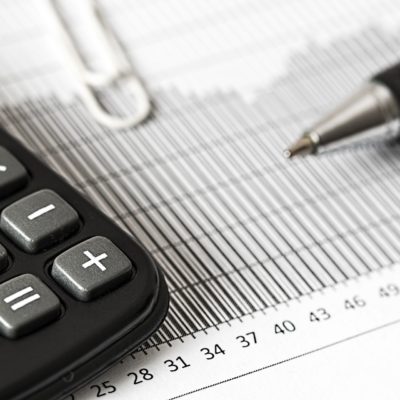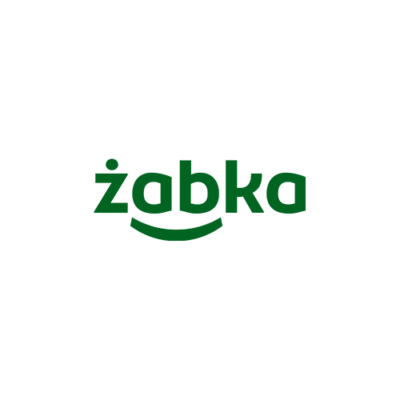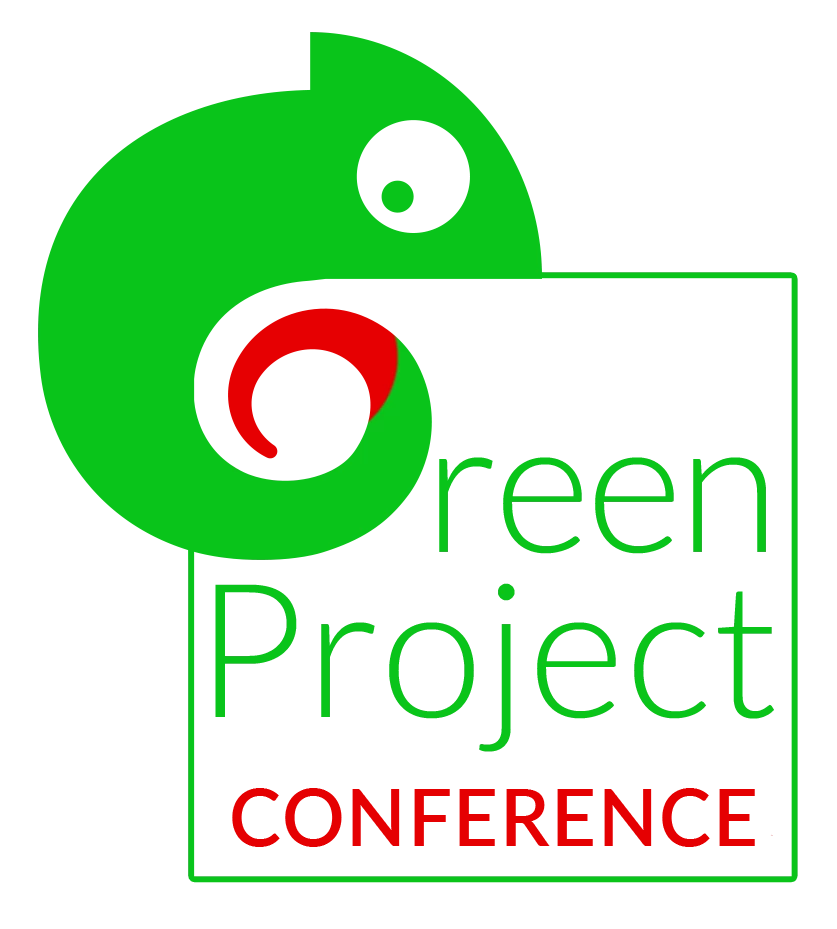
Code of Ethics in Advertising extended
with new provisions on
environmental advertising
1 MARCH 2023, 10:00 a.m., ONLINEfrom PAP – Press Center Fake environmental marketing, or greenwashing, is increasingly present in advertising messages. The message for us is to start looking at greenwashing in terms of purposeful dangerous marketing manipulation affecting the minds and consciousness of consumers in the communications space. How do we distinguish in marketing between pretending to be green for profit and truly caring about the environment? How do we recognise greenwashing? How do we recognise the increasingly elaborate hoaxes and cover-ups? Market theory and practice are offering us more and more effective methods of verification, using psychological, sociological, medical, statistical, econometric tools, and, finally, the tools of exact sciences and earth sciences.
„We are pleased that by taking on this challenge, we have become self-regulatory pioneers in greenwashing. The broad competence of our members and arbitrators also allows us to effectively advise enterprises on how to avoid greenwashing – we have even launched a copy advice service in this regard. There is still a lot of work ahead of us, so we warmly invite all interested businesses to start working with the Advertising Council and join the elite group of entities that put ethics in advertising and communications first. This is all the more so because environmental advertising is a key topic not only for marketing, but also for the planet.” ROBERT WIELGO, Chair of the Board of the Advertising Council
Greenwashing advertising is increasingly common in the advertising market. The message for us is to start looking at greenwashing in terms of purposeful dangerous marketing manipulation affecting the minds and consciousness of consumers in the communications space.
„Green transformation is first of all about responsibility. Any business which intends to call itself responsible must understand and assess its impact on the climate and environment and have a measurable action plan to reduce it. However, this is not only a duty and a necessity, but also business potential; for example, by reducing resource waste or improving efficiency (unused energy is not only the greenest but also the cheapest), as well as by staying ahead of customers’ growing expectations in terms of real measures to reduce environmental impact – and communicating the expectations in a reliable manner.” Jacek Hutyra, Orange Polska Climate Officer
Greenwashing is one of the current and pressing problems of modern advertising. There are plenty of such messages in the communications space, and their senders influence the consciousness of the audience. The point is that advertising messages should make an impact honestly and fairly, using clear and verifiable criteria for qualifying and evaluating the message.
„Self-regulation in the relatively new field of greenwashing posed a particular challenge, because not only did it require the consensus of all interested parties, but above all, these parties had to gain an insight into this new subject matter. To find out more about it, we considered the opinions of the most important participants in the advertising market, namely the… advertising audience. Thanks to the Advertising Ethics Committee, we had access to a number of complaints about examples of advertising from our market. Their analysis helped us organise our knowledge of actual cases, as well as juxtapose it with the opinions of environmental experts and ethicists. We also had access to a few examples of pioneering regulations from outside the Polish market; all this helped us reach certain conclusions to facilitate the evaluation of the practices. The process designed in this way resulted in a document firmly grounded in reality, and therefore carrying real and practical value for all participants in the advertising market. Now is the time for us to promote the acquired and codified knowledge in order to facilitate reliable evaluation and development of good practices in advertising communications. At the same time, given that new examples are still coming in, we have agreed to regularly review and supplement the adopted regulatory solutions, based on ongoing analysis of incoming cases. Thus, our project is evolutionary in nature, as is the matter of greenwashing, which is growing in proportion to the scale of today’s environmental challenges.” JAROMIR SROGA, Arbitrator on the Advertising Ethics Committee
We have created the idea and programme of self-regulation as a formula for organising operations in a particular business area in a more friendly and acceptable way than administrative regulations. As early as 2021, taking into account the increasing number of greenwashing cases reported to us by advertising recipients, we started the Green Project. Professionals participating in the project developed further self-regulatory provisions of the Code of Ethics in Advertising. Broad advertising market representation was involved in the work – representatives of industry organisations and businesses, members of the Advertising Council, as well as external experts. The project was accepted by 37 member organisations and companies of the Advertising Council.
„This is yet another time that the Advertising Council is speaking out on key topics for the advertising market in Poland. Today, we are dealing with the future of our planet. This is a big and important topic that covers the processes of green transformation or pro-environmental measures, as well as counteracts negative phenomena such as greenwashing. Businesses and organisations affiliated with the Advertising Council are key actors in this process. They do understand the responsibility in terms of climate and environmental impact. This is why today we are proud to present the Code of Ethics in Advertising extended to include new provisions on environmental advertising.”
Piotr Kwiecień, Director of the Advertising Council.

Lucyna Pruska
@ l.pruska@radareklamy.pl M: +48 506 283 622


